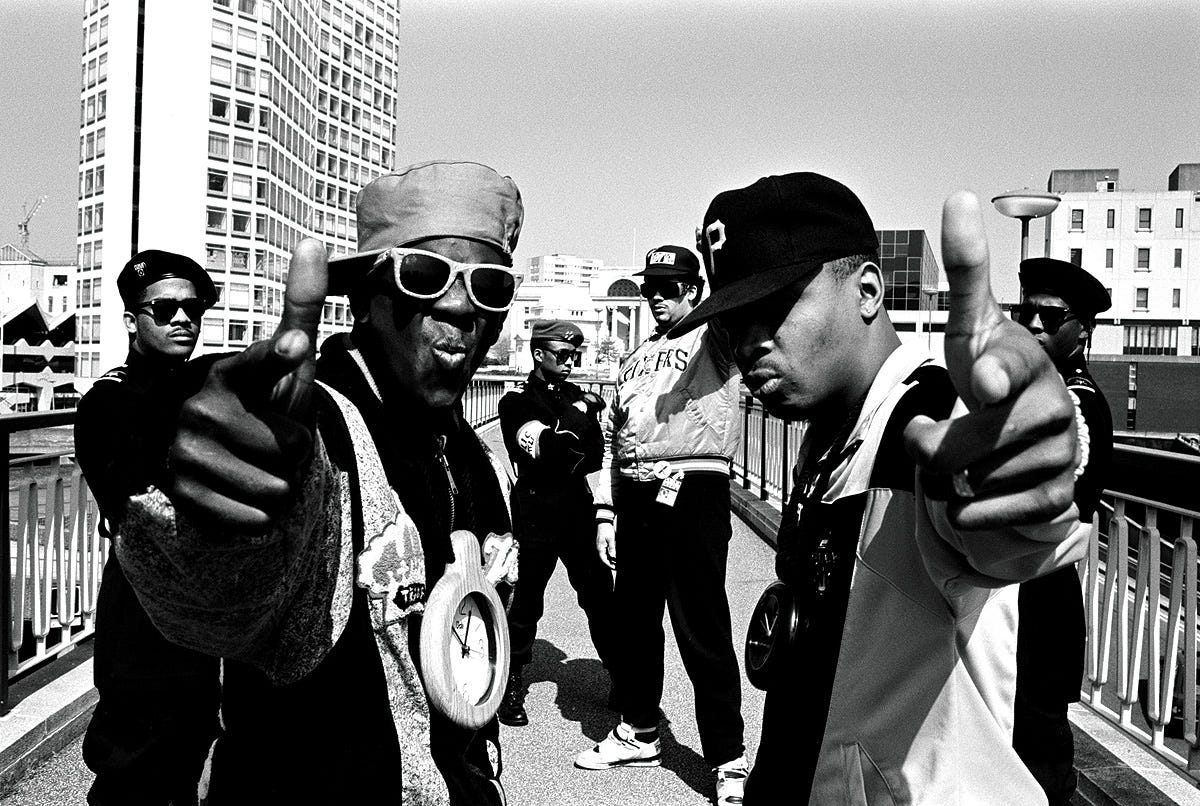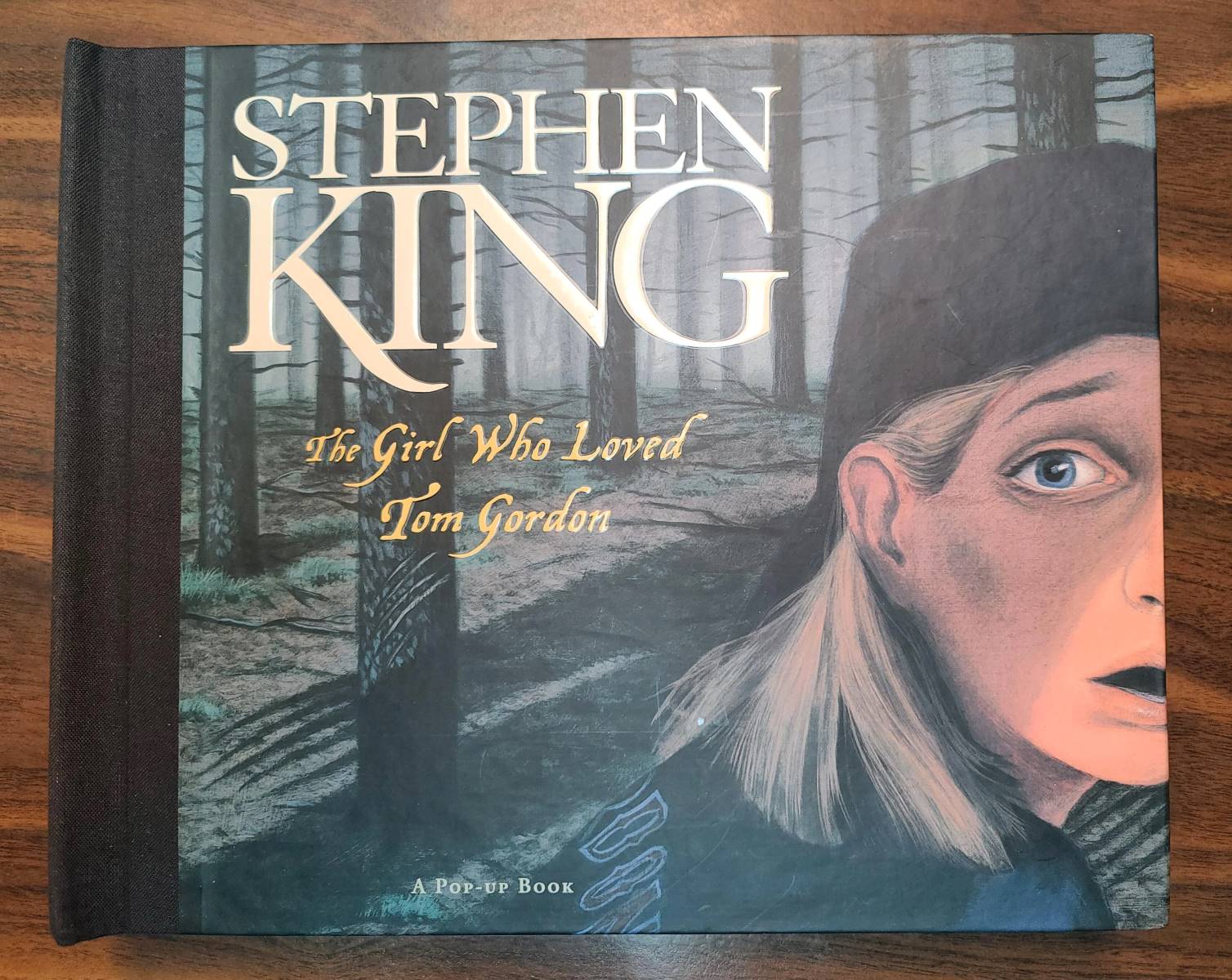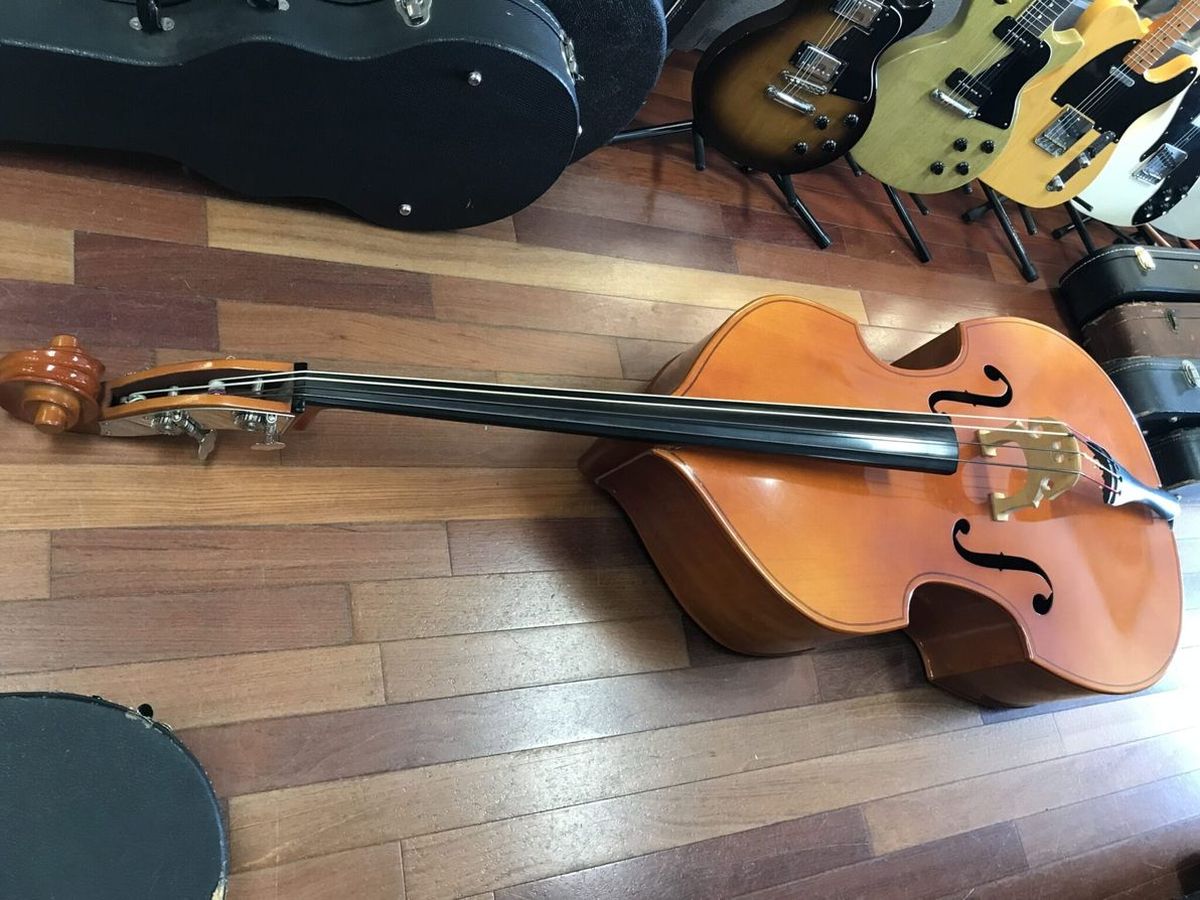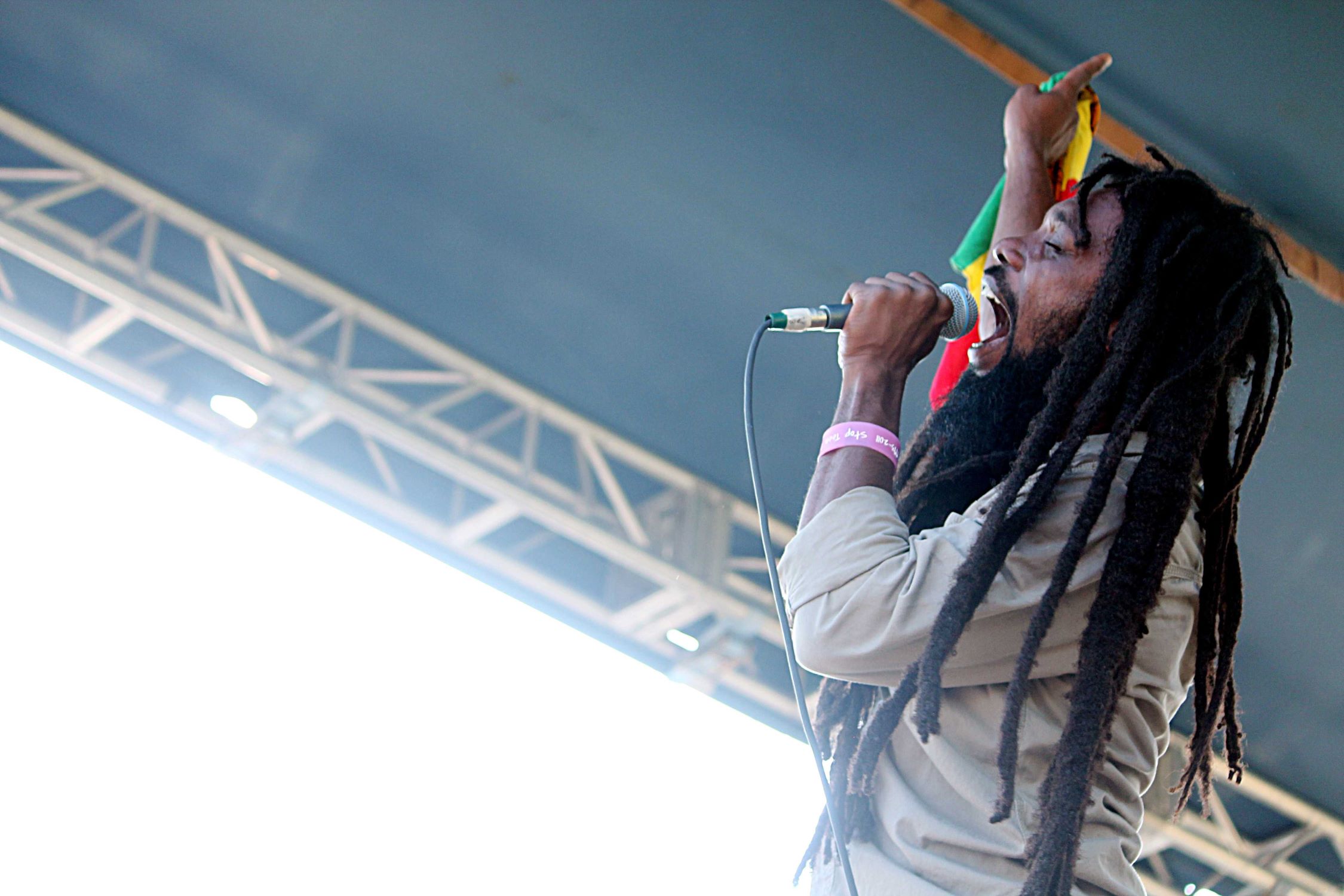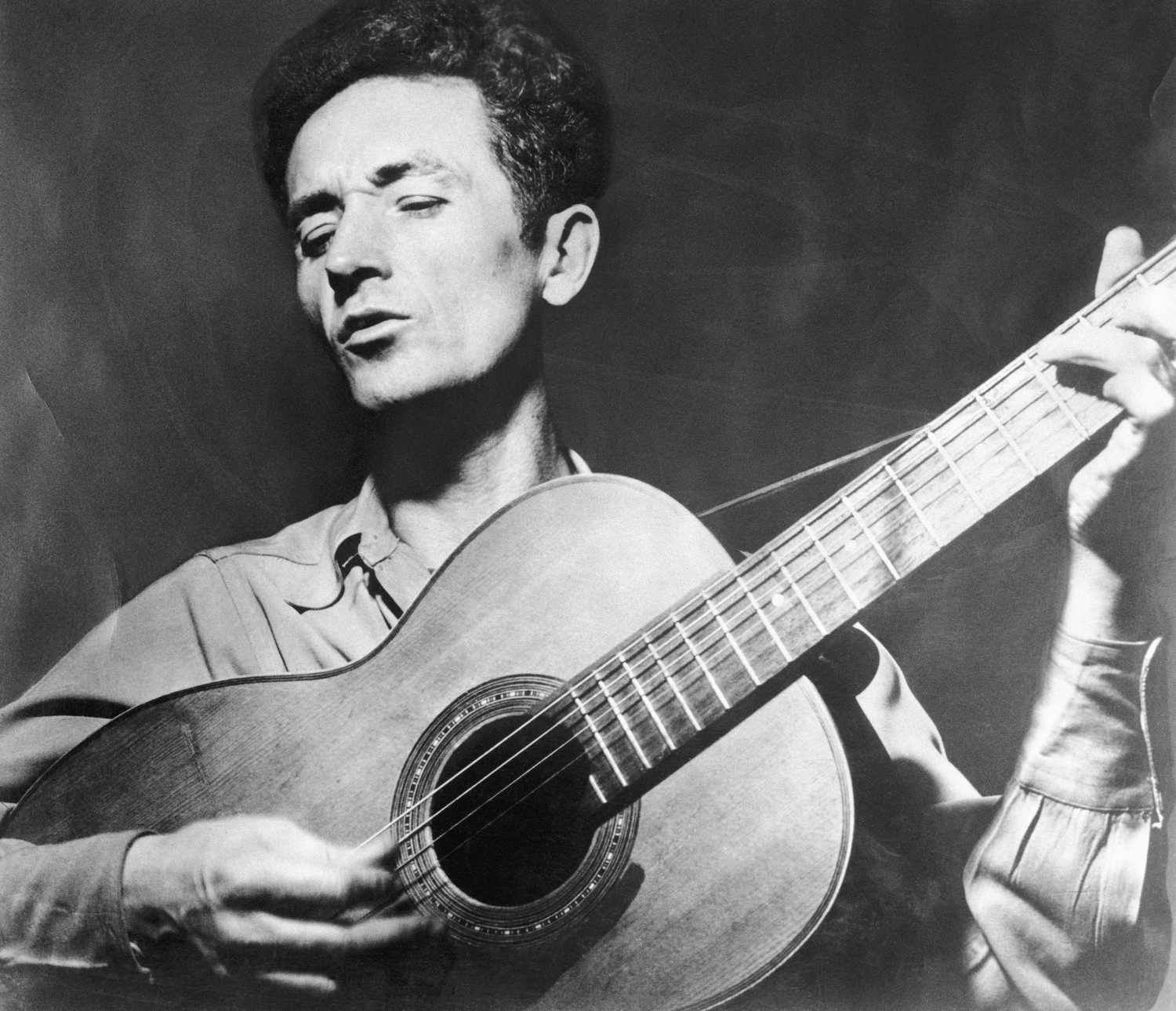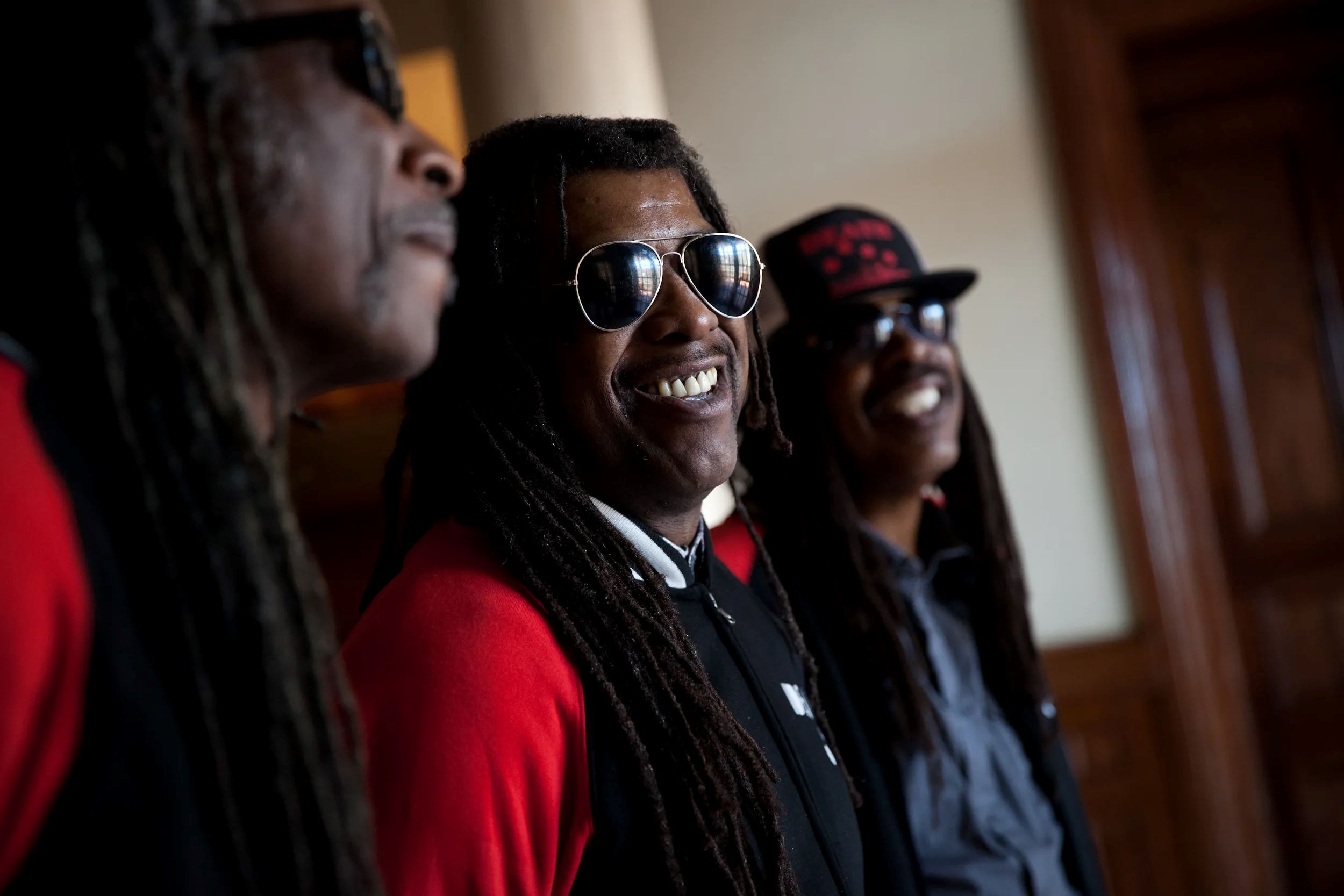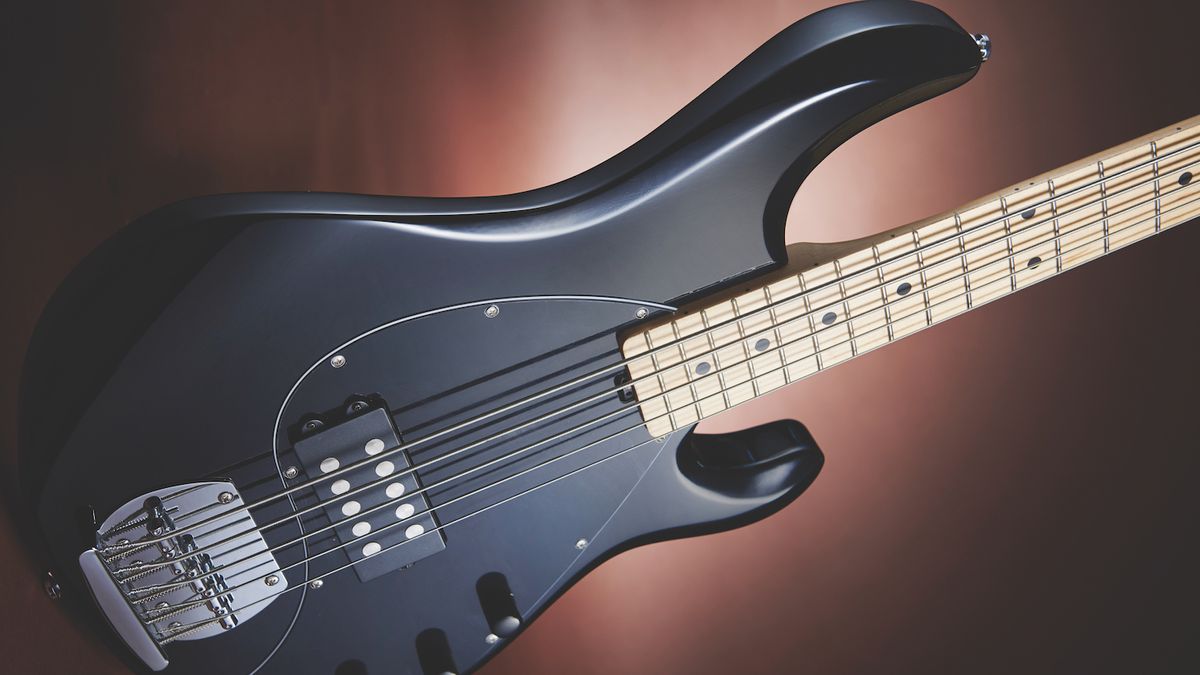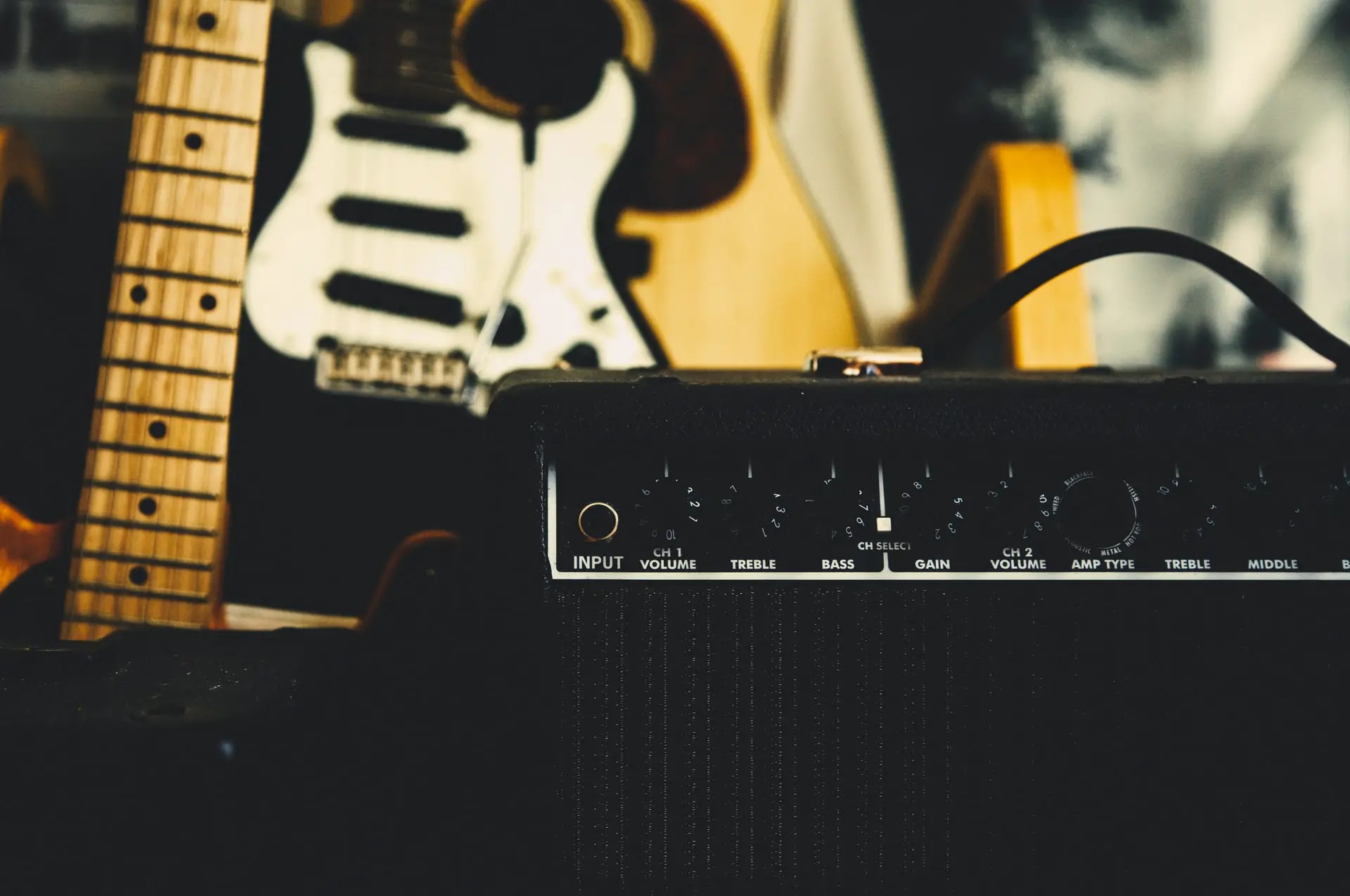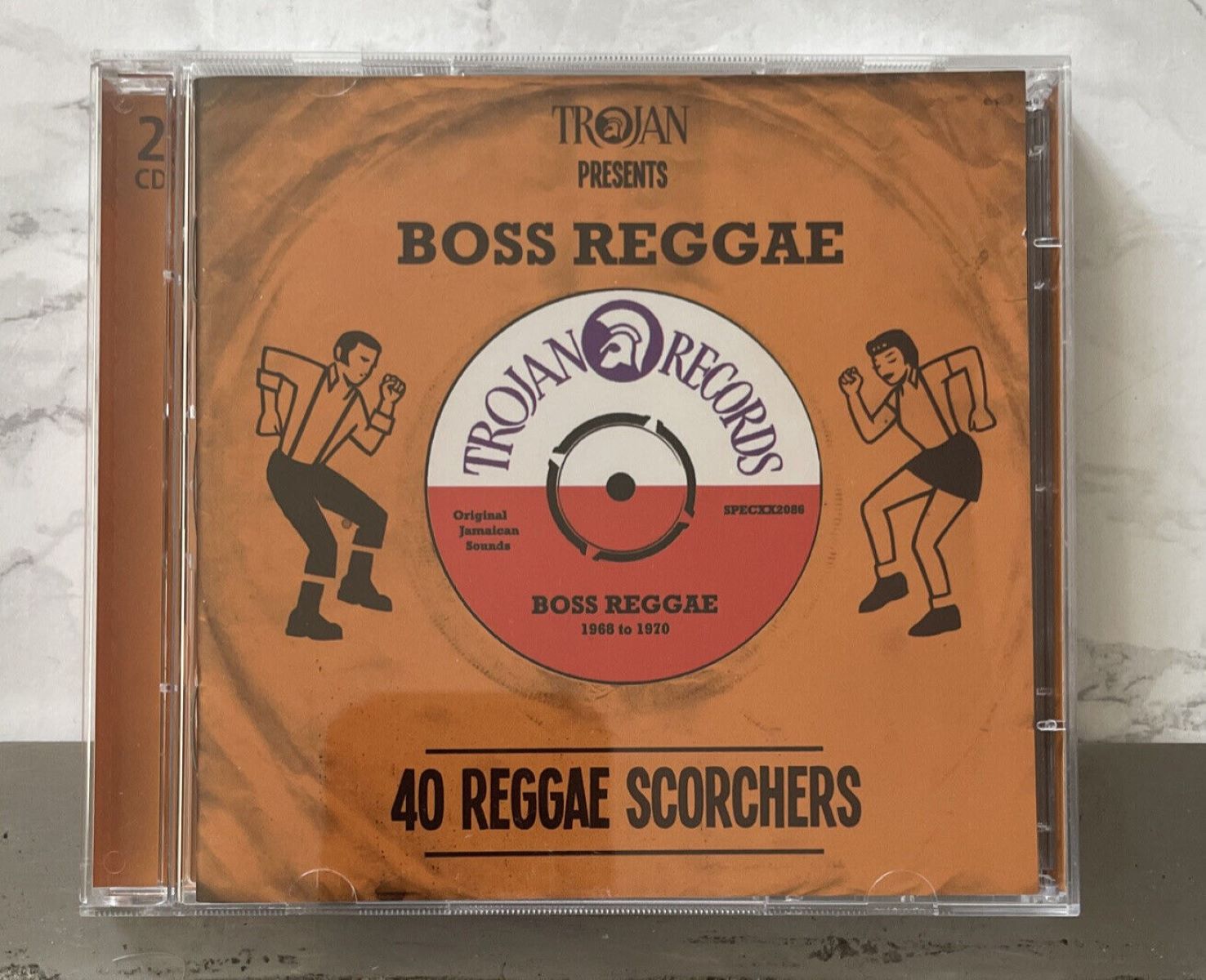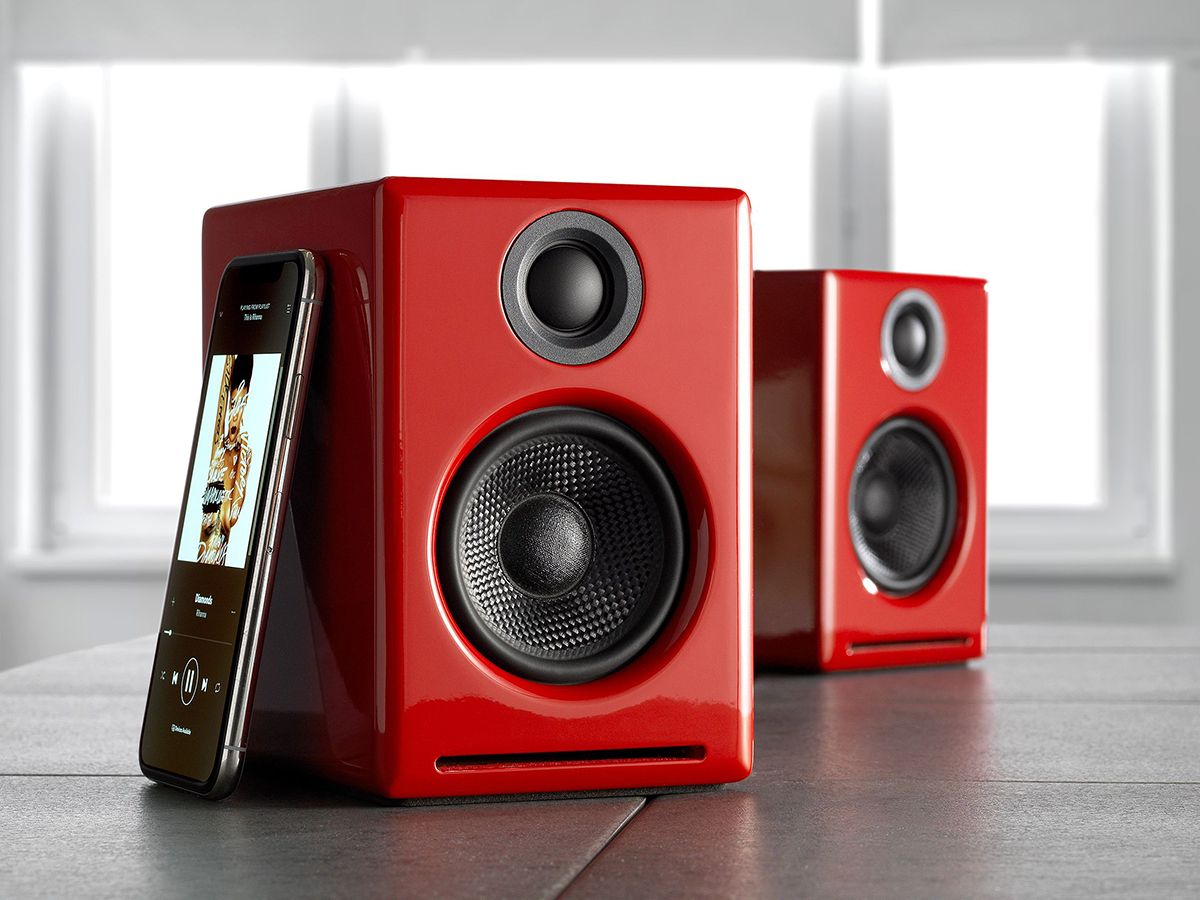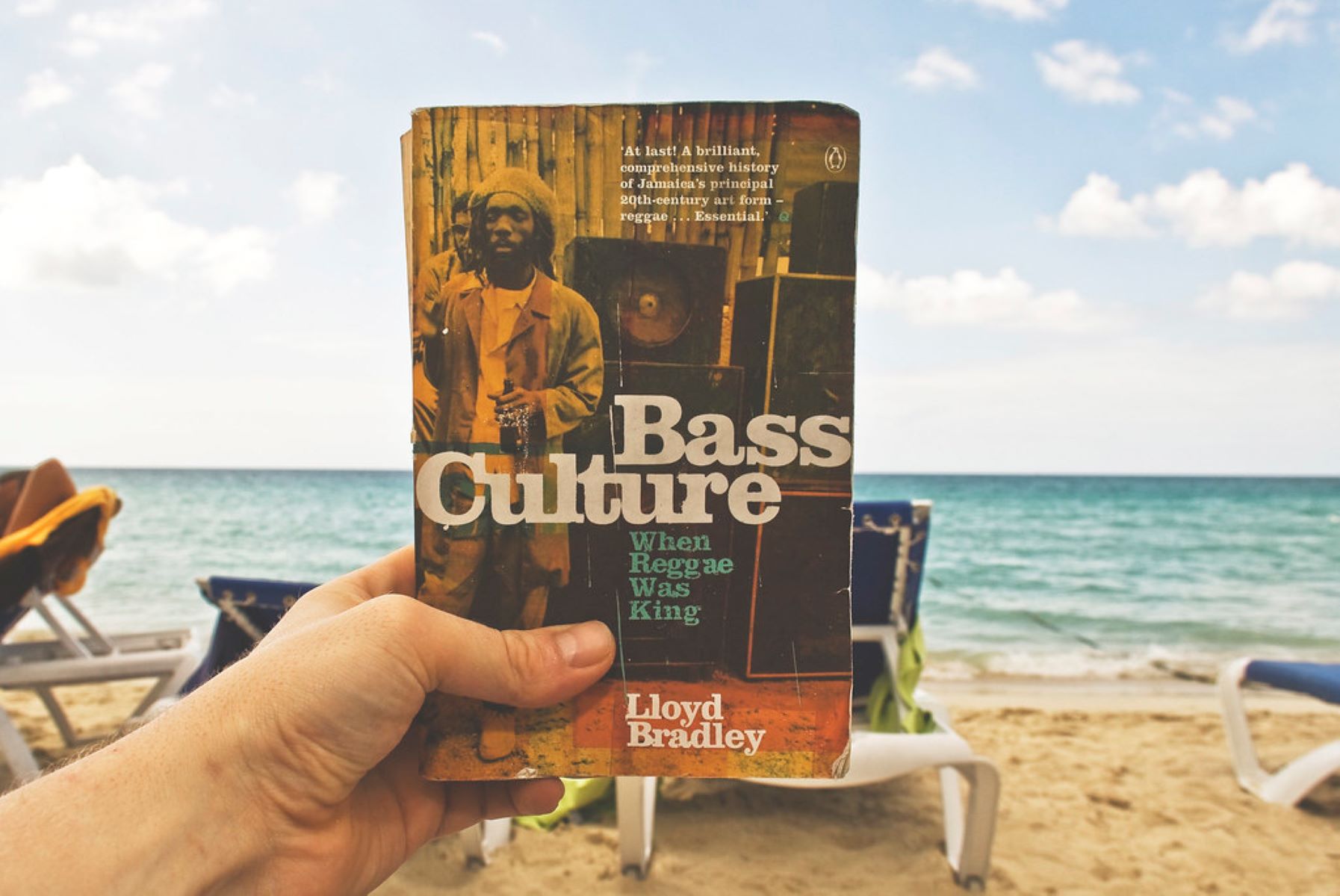

Reggae
Bass Culture – When Reggae Was King
Modified: March 3, 2024
Discover the golden era of reggae in Bass Culture - When Reggae Was King. Immerse yourself in the rich history and vibrant sounds of this iconic genre.
(Many of the links in this article redirect to a specific reviewed product. Your purchase of these products through affiliate links helps to generate commission for AudioLover.com, at no extra cost. Learn more)
Table of Contents
Introduction
Reggae music is a genre that evokes images of sunny beaches, laid-back vibes, and a sense of unity and positivity. With its infectious rhythms, melodic basslines, and powerful messages, Reggae has captivated audiences around the world for decades. Born out of the vibrant culture of Jamaica and influenced by a fusion of musical styles, Reggae has not only become a symbol of Jamaican identity but also a powerful force for social change.
Reggae music emerged in the late 1960s, but its roots can be traced back to earlier Jamaican musical styles such as Ska and Rocksteady. These genres were characterized by their upbeat tempos and catchy melodies, but it was Reggae that would ultimately take the world by storm. With its slower pace, syncopated rhythms, and emphasis on the bass, Reggae brought a new sound that resonated deeply with listeners.
One of the pioneers of Reggae was the legendary Bob Marley, whose iconic voice and timeless songs helped popularize the genre internationally. Marley’s music blended elements of Reggae with elements of Rock and R&B, creating a unique and distinctive sound that became synonymous with the genre.
Reggae is not just about the music; it is also a way of life. The lyrics of Reggae songs often explore themes of love, spirituality, social justice, and political revolution. It is a genre that promotes unity, resistance against oppression, and the power of hope. This message of empowerment has resonated with people from all walks of life, making Reggae a universal language that transcends borders and cultures.
Today, Reggae continues to thrive and evolve. Artists and bands from around the world are influenced by the sound and message of Reggae, creating their own unique interpretations. Reggae festivals draw crowds of fans eager to immerse themselves in the genre’s positive energy and engaging performances. From the sun-soaked beaches of Jamaica to the stages of major music festivals, Reggae music remains a powerful force that brings people together.
In this article, we will delve into the origins of Reggae music, explore its rise in Jamaica, discuss the birth of the Bass Culture, highlight Reggae’s influence on popular music, delve into the lives of Reggae legends and icons, explore the Golden Era of Reggae, examine the role of sound systems and dancehall culture, discuss the social and political impact of Reggae, and finally, touch upon the Reggae revival and its global reach. Join us on this musical journey through the captivating world of Reggae.
Origins of Reggae Music
Reggae music has its roots in the vibrant and diverse musical traditions of Jamaica. It emerged in the late 1960s as a fusion of several genres, including Ska, Rocksteady, and R&B. The sound of Reggae was heavily influenced by the social and political climate of the time, with its lyrics often serving as a platform for expressing resistance against oppression and advocating for social change.
The precursor to Reggae was Ska, a fast-paced music style characterized by its syncopated rhythms, catchy melodies, and horn-driven instrumentation. Ska originated in the 1950s and gained popularity among the working-class youth of Jamaica. It drew inspiration from American R&B and Jazz, combining these influences with traditional Jamaican mento and calypso music. Ska’s energetic and infectious sound set the stage for the birth of Reggae.
Following Ska, the music style evolved into Rocksteady in the mid-1960s. Rocksteady retained the rhythmic elements of Ska but slowed down the tempo. This change allowed for a greater emphasis on the bassline, which became a defining characteristic of Reggae. The lyrics of Rocksteady songs explored themes of love, relationships, and social issues. Artists such as Alton Ellis, Ken Boothe, and The Paragons played a significant role in popularizing Rocksteady.
By the late 1960s, Reggae began to emerge as its distinct genre. The term “Reggae” is believed to have originated from the Jamaican slang word “streggae” referring to a ragged, unkempt appearance. The music of Reggae was characterized by its laid-back rhythms, heavy basslines, melodic guitar solos, and a unique offbeat guitar strum known as the “skank”. The lyrics of Reggae songs often reflected the struggles and aspirations of the Jamaican people, addressing social inequality, poverty, and political unrest.
One of the most influential figures in the development of Reggae was Bob Marley. His band, The Wailers, introduced a new sound that blended elements of Reggae with Rock and R&B. Marley’s distinctive voice, powerful lyrics, and charismatic stage presence played a crucial role in popularizing Reggae internationally. Songs like “No Woman, No Cry,” “One Love,” and “Redemption Song” became anthems that resonated with audiences across the globe.
The popularity of Reggae spread beyond Jamaica and found a global audience, especially in the United Kingdom and the United States. In the 1970s, artists like Toots and the Maytals, Jimmy Cliff, and Peter Tosh brought Reggae to international prominence through their soulful performances and thought-provoking lyrics. The music of Reggae not only entertained but also provided a voice for those who were marginalized and oppressed.
Today, the influence of Reggae can be heard in various music genres, from pop to hip-hop and beyond. Its distinctive rhythms and positive message continue to inspire artists and resonate with listeners around the world. Reggae has become more than just a music style; it is a cultural movement that promotes unity, love, and social justice. It stands as a testament to the power of music to bring about change and bridge divides.
Rise of Reggae in Jamaica
Jamaica, a vibrant Caribbean island with a rich cultural heritage, served as the fertile ground from which Reggae music sprouted. The rise of Reggae in Jamaica can be attributed to a combination of social, political, and cultural factors that converged to create a musical revolution.
In the 1960s, Jamaica was undergoing significant social and political changes. The country had gained independence from British colonial rule in 1962, and the excitement and aspirations for a new era were palpable. However, the reality of post-colonial Jamaica, with its economic challenges and social inequalities, fueled a sense of frustration and unrest among the population, particularly the youth.
It was against this backdrop that Reggae music emerged as a powerful form of expression. The lyrics addressed the struggles faced by Jamaicans, from economic hardships to social injustice and political oppression. Reggae became a voice for the marginalized and gave them a means to articulate their joys, sorrows, hopes, and dreams.
Reggae music was not only a vehicle for social commentary but also a platform for cultural preservation. It drew inspiration from various Jamaican musical traditions, including mento, ska, and rocksteady, and infused them with African rhythms and melodies. The use of traditional African drumming patterns and the incorporation of Nyabinghi drumming rituals created a unique sound that resonated with the Jamaican people.
The establishment of recording studios and the proliferation of sound systems played a pivotal role in the rise of Reggae in Jamaica. Producers like Clement “Sir Coxsone” Dodd, Duke Reid, and Lee “Scratch” Perry provided opportunities for aspiring artists to record their music and helped spread the Reggae sound across the island. Sound systems, with their portable speakers and DJs who would entertain crowds at parties and dances, became the primary means of introducing new music to the masses.
One of the key elements that propelled the popularity of Reggae was its association with Rastafarianism. Rastafari, a religious and cultural movement that emerged in Jamaica in the 1930s, advocated for repatriation to Africa, the celebration of African heritage, and the rejection of Babylonian systems of oppression. Many Reggae artists embraced Rastafarian beliefs and incorporated them into their music, thereby increasing the genre’s appeal and resonating with a sense of cultural identity among Jamaicans.
The rise of Reggae coincided with the emergence of visionary artists who would become iconic figures in the genre. Bob Marley, Peter Tosh, Jimmy Cliff, Burning Spear, and many others stepped onto the stage and captured the hearts of Jamaicans with their soul-stirring performances and powerful messages. Their influence extended far beyond Jamaica, as Reggae music found a global audience and became a symbol of hope and resistance against injustice.
Reggae’s rise in Jamaica not only influenced the country’s music scene but also permeated other aspects of Jamaican culture. Reggae fashion, with its vibrant colors and Rastafarian-inspired clothing, became a prominent style choice. The distinctive patois dialect and rhythmic patterns of Reggae lyrics also seeped into everyday speech, shaping the language and identity of the Jamaican people.
Today, Reggae remains an integral part of Jamaican culture, celebrated at festivals like Reggae Sumfest and through the vibrant dancehall scene. The music continues to evolve, with new artists pushing the boundaries of the genre and incorporating elements of other musical styles. The rise of Reggae in Jamaica stands as a testament to the power of music to unite, inspire, and ignite change, embodying the spirit of a nation in pursuit of social justice and cultural expression.
The Birth of Bass Culture
One of the defining characteristics of Reggae music is its emphasis on the bassline, which gave birth to the subgenre known as Bass Culture. Bass Culture refers to the deep and powerful bass-driven sound that serves as the foundation of Reggae music. It encompasses not only the musical aspect but also the cultural and social significance of the bass in Jamaican music.
The development of Bass Culture can be traced back to the early days of Reggae when musicians and producers recognized the importance of the bassline in creating a distinct and captivating sound. Basslines in Reggae music are often melodic, rhythmic, and prominent, providing a foundation for the other instruments and vocals to intertwine. The bassline became the heartbeat of Reggae, driving the rhythm and giving the music its infectious groove.
The birth of Bass Culture came hand in hand with advancements in music technology. Sound system operators and engineers played a crucial role in shaping the bass-heavy sound. They experimented with amplifiers, speaker boxes, and other equipment to achieve a deep, resonant bass that could be felt as well as heard. The goal was to create a powerful and immersive experience for the listeners, where the bass vibrations would reverberate through their bodies.
Sound systems, which were portable disco setups, became the heart and soul of Bass Culture. Sound system operators would set up their speakers in open-air venues and play music for the community to dance and connect with the music. The dynamic interplay between the bass vibrations, the rhythmic drum patterns, and the infectious melodies created an irresistible energy that brought people together.
Bass Culture not only influenced the sound of Reggae but also the social dynamics of Jamaican communities. The sound system dances served as spaces of cultural expression, unity, and liberation. They provided a platform for budding artists to showcase their talent and for the community to gather and connect. These dances became important social events where people from all walks of life would come together, putting aside their differences and immersing themselves in the shared experience of the bass-heavy vibrations.
The sound system operators, often referred to as “selectors” or “disc jockeys,” played a crucial role in curating the music selection and keeping the crowd engaged. They would compete with other sound systems to see who could provide the best musical experience, fostering a sense of healthy competition and innovation within the Bass Culture community.
Bass Culture soon extended beyond the boundaries of Jamaica, influencing the development of other genres such as dub, ska, and even modern electronic music. The deep bass vibrations and the art of remixing and manipulating tracks became central to the creation of dub music, where producers like Lee “Scratch” Perry and King Tubby pushed the boundaries of sound engineering and production techniques.
To this day, the spirit of Bass Culture lives on in the Reggae music scene. Sound systems continue to play a pivotal role, with events like “Dub Sessions” and “Sound Clashes” keeping the tradition alive. The bass remains an essential element in Reggae music, captivating listeners and inviting them to groove, dance, and be uplifted by the vibrations.
The birth of Bass Culture not only changed the sound of Reggae but also transformed it into a cultural movement that celebrates unity, rhythm, and the power of the bass. It is a testament to the ingenuity and creativity of Jamaican musicians and sound system operators who harnessed the transformative power of the bassline to create a unique musical experience that has left an indelible mark on global music culture.
Reggae’s Influence on Popular Music
Reggae, with its infectious rhythms and uplifting messages, has had a profound influence on popular music across the globe. Its unique sound and powerful cultural significance have left an indelible mark on various genres, spanning from pop to hip-hop, rock to electronic music. Reggae’s influence can be heard in the rhythmic patterns, melodies, and lyrical themes of countless songs that have captured the hearts of listeners worldwide.
One of the ways Reggae has influenced popular music is through its rhythmic elements. The syncopated rhythms and distinctive offbeat “skank” guitar strum have become synonymous with Reggae. Artists from different genres have incorporated these rhythmic patterns into their music, giving their songs a touch of the Reggae groove. The influence can be heard in the music of renowned musicians like The Police, who drew inspiration from Reggae for hits such as “Every Breath You Take” and “Roxanne.”
Reggae’s emphasis on the bassline has also left an undeniable impact on popular music. The melodic and prominent basslines that are a trademark of Reggae can be heard in genres like funk, disco, and even modern electronic music. These basslines add depth, groove, and a sense of rhythm to songs, captivating listeners and propelling them to move and dance.
Reggae’s lyrical themes, often addressing social issues, love, and spirituality, have resonated with artists across genres. The messages of love, unity, and resistance against injustice have found their way into pop, rock, and hip-hop songs. Artists like Paul Simon, Sting, and Lauryn Hill have incorporated the positive and empowering messages of Reggae into their music, spreading a similar sense of hope and social consciousness.
The production techniques and sound engineering innovations developed within the Reggae genre have also had a lasting impact on popular music. The music production style known as “dub” emerged from Reggae, characterized by the creative use of effects, live mixing, and reverb. Dub’s experimental approach to music production has influenced genres like electronic music, where producers push the boundaries of sound manipulation and create unique sonic experiences.
Reggae’s influence on popular music extends beyond the realms of sound. The Reggae aesthetic and fashion trends, with their vibrant colors, Rastafarian symbolism, and distinctive clothing styles, have also permeated popular culture. Many artists and music enthusiasts have embraced elements of Reggae fashion, incorporating it into their personal style and making it a part of their visual identity.
The impact of Reggae on popular music is a testament to the genre’s universal appeal and its ability to transcend borders and cultures. It has played a significant role in shaping the musical landscape and continues to inspire new generations of artists who draw inspiration from its infectious rhythms, powerful messages, and vibrant spirit.
Reggae’s influence on popular music is not limited to a specific time period but continues to evolve and resonate with audiences today. Its lasting legacy is a testament to the power of music to transcend boundaries, unite people, and create positive change in the world.
Reggae Legends and Icons
Reggae music boasts a rich history filled with legendary musicians and iconic figures who have shaped the genre and left an enduring impact on the world of music. These individuals have not only contributed to the development and popularity of Reggae but have also become symbols of cultural and social revolution. Their talent, passion, and dedication have cemented their status as reggae legends and icons.
Bob Marley, widely regarded as the king of Reggae, is perhaps the most iconic figure in the genre. His music, characterized by its powerful messages, soulful melodies, and infectious rhythms, transcended cultural boundaries and resonated with people from all walks of life. Marley’s songs, such as “One Love,” “No Woman, No Cry,” and “Redemption Song,” continue to inspire and unite listeners even decades after his passing. His unwavering dedication to spreading messages of love, peace, and social justice made him an international ambassador for Reggae.
Peter Tosh, a former member of Bob Marley’s band, The Wailers, also made significant contributions to the Reggae movement. With his deep and distinctive voice, Tosh’s music often tackled political and social issues, advocating for the rights of the oppressed and promoting the benefits of marijuana. Songs like “Legalize It” and “Equal Rights” showcased Tosh’s unique style and unwavering commitment to using music as a vehicle for change.
Jimmy Cliff is another legendary figure in Reggae, known for his soulful voice and dynamic stage presence. Cliff’s breakthrough role in the film “The Harder They Come” introduced Reggae to a global audience, and his hit songs like “Many Rivers to Cross” and “You Can Get It If You Really Want” remain iconic anthems to this day. His music, characterized by its optimism and resilience, showcase his ability to uplift and inspire listeners.
Other notable Reggae icons include Toots Hibbert of Toots and The Maytals, whose soulful voice and energetic performances left an indelible mark on the genre. Burning Spear, known for his powerful and spiritually charged lyrics, became a symbol of cultural identity and African pride. Dennis Brown, known as the Crown Prince of Reggae, is celebrated for his smooth vocals and prolific career, which spanned over four decades.
Reggae legends also extend beyond individual artists, as the genre gives prominence to influential groups and bands. The Wailers, comprised of Bob Marley, Peter Tosh, and Bunny Wailer, played a pivotal role in shaping the sound of Reggae and became ambassadors for Jamaican music worldwide. The Skatalites, a group of talented musicians, contributed to the development of Ska and Rocksteady in the 1960s, laying the foundation for Reggae.
The contributions of these reggae legends and icons go far beyond their musical talent. They used their platform to address political and social issues, promoting unity, love, and cultural pride. Their devotion to their craft and their unwavering spirit continue to inspire new generations of reggae artists, keeping their legacy alive.
Today, reggae continues to evolve and produce new legends and icons. Artists like Damian Marley, Chronixx, and Protoje are carrying the torch forward, infusing the genre with their unique styles and messages. They follow in the footsteps of the reggae pioneers, ensuring that the spirit of reggae and its iconic figures continue to shape the future of music.
The Golden Era of Reggae
The Golden Era of Reggae, spanning roughly from the late 1960s to the early 1980s, was a time of tremendous creativity, innovation, and social change within the genre. It was a period when Reggae music experienced unprecedented growth in popularity, both in Jamaica and around the world. The Golden Era of Reggae not only produced timeless classics but also witnessed the emergence of iconic artists, the rise of influential record labels, and the global recognition of the genre.
During this era, Reggae music evolved and expanded, incorporating diverse influences and experimenting with new sounds. The roots reggae style, characterized by its soulful melodies, conscious lyrics, and profound cultural and political messages, dominated the scene. Artists like Bob Marley, Peter Tosh, and Burning Spear became synonymous with this era, using their music to shed light on social injustices, express the struggles of the oppressed, and advocate for peace and unity.
The political climate of the time played a vital role in shaping the Golden Era of Reggae. Jamaica was experiencing political turbulence, with issues of inequality, poverty, and political corruption at the forefront. Reggae music became not only a form of entertainment but also a powerful voice for the marginalized and disenfranchised. Songs like “Get Up, Stand Up” by Bob Marley & The Wailers became anthems of resistance, inspiring individuals to fight for their rights and demand social change.
One of the significant developments during this era was the establishment of groundbreaking record labels, such as Studio One, Trojan Records, and Island Records. These labels provided a platform for artists to record and distribute their music, as well as introduced Reggae to a wider international audience. The collaborations between artists and producers on these labels resulted in some of the most influential and timeless Reggae tracks ever recorded.
The Golden Era of Reggae also saw the rise of iconic albums that have become cornerstones of the genre. Bob Marley’s “Exodus,” considered one of the greatest albums of all time, showcased the power of Reggae music to inspire and uplift listeners. Other albums, such as Jimmy Cliff’s “The Harder They Come” soundtrack and Burning Spear’s “Marcus Garvey,” made significant contributions to the global recognition of Reggae as a powerful artistic and cultural force.
Throughout this era, Reggae music was embraced by audiences worldwide. The infectious rhythms, soulful vocals, and meaningful lyrics resonated with people from all walks of life, transcending cultural boundaries. The music left an indelible mark on popular culture, influencing artists in various genres, from punk rock to hip-hop.
Despite the challenges faced by artists during this time, from limited resources to political pressures, the Golden Era of Reggae produced music that continues to inspire and connect with listeners today. The messages of love, unity, and social justice remain relevant, serving as a reminder of the power of music to bring about positive change.
While the Golden Era of Reggae may have passed, its influence and legacy live on, with new generations of artists drawing inspiration from this pivotal period. The timeless music, the cultural impact, and the profound messages of the Golden Era continue to captivate audiences and ensure that Reggae remains a force for social transformation and unity.
Sound Systems and Dancehall Culture
In the world of Reggae, sound systems and dancehall culture play a significant role, serving as vital hubs for the cultivation and celebration of the genre. Sound systems are portable disco setups consisting of high-powered speakers, amplifiers, and DJ equipment, designed to provide an immersive and dynamic audio experience. Dancehall culture refers to the vibrant social scene that surrounds sound system parties and is characterized by energetic dancing, lyrical clashes, and a sense of community.
Sound systems emerged in Jamaica in the 1940s and 1950s, originally serving as a means for people to enjoy music in their neighborhoods. However, it was during the 1960s and 1970s, in what is often referred to as the “golden age” of sound systems, that they truly came to prominence. Operators, known as selectors or DJs, would set up their sound systems in open-air venues, community centers, or even in the streets, drawing crowds of music lovers.
The sound system culture revolutionized the way music was experienced in Jamaica. It allowed for the music to reach a much larger audience, particularly those who did not have access to radio or traditional recording studios. Sound systems served as a platform for aspiring artists and musicians to showcase their talents and gain exposure. These events fostered a sense of community and togetherness, transcending social barriers and providing a space for people to express themselves through dance and music.
Sound system parties, also known as dances or sessions, brought people from all walks of life together. The selectors would carefully curate the music selection, playing a mix of popular tracks, exclusive dubplates, and new releases. The DJs’ ability to connect with the crowd, read the atmosphere, and create a joyful and energetic experience became an art form in itself.
One of the key features of dancehall culture is the lyrical clash, also known as a sound clash. This is a competition between rival sound systems, where selectors engage in a friendly yet competitive battle by playing songs and dubplates associated with their respective sound systems. These clashes are often accompanied by lively banter, creative wordplay, and audience participation. The sound clash tradition continues to thrive, showcasing the skills and creativity of selectors and contributing to the vibrant dancehall culture.
Dancehall culture has had a profound impact on the development of Reggae music. It influenced the evolution of the genre and the birth of subgenres such as dancehall and ragga. Dancehall, with its infectious beats and catchy melodies, became a dominant force in Jamaican music, highlighting the importance of sound systems in shaping the sound and style of contemporary Reggae.
Sound systems and dancehall culture have also spread beyond the shores of Jamaica, gaining popularity in other countries with Jamaican diaspora communities. Cities like London, New York, and Toronto became hubs for dancehall events and the development of their unique dancehall scenes. The influence of sound systems and dancehall culture continues to be felt in contemporary music genres, with artists drawing inspiration from the high-energy performances, creative wordplay, and the sense of community fostered by these events.
Today, sound systems and dancehall culture remain essential components of the Reggae music scene. They provide a platform for emerging artists, keep the traditions and spirit of Reggae alive, and allow people to come together and celebrate the power of music in all its glory.
Social and Political Impact of Reggae
Reggae music has long been recognized as a powerful vehicle for social and political expression, making a significant impact on society both in Jamaica and around the world. From its early beginnings, Reggae artists have used their music to address social inequalities, advocate for justice, and promote unity and positive change.
One of the key social impacts of Reggae lies in its role as a voice for the marginalized and oppressed. The lyrics of many Reggae songs shed light on the struggles faced by marginalized communities, addressing issues such as poverty, racism, and political oppression. Artists like Bob Marley, Peter Tosh, and Burning Spear used their music to bring attention to these injustices and evoke a sense of empathy and understanding among listeners.
Reggae music also played a crucial role in promoting unity and breaking down racial and cultural barriers. Its messages of love, acceptance, and social harmony resonated with people from diverse backgrounds. Reggae’s infectious rhythms and heartfelt lyrics created a sense of togetherness, transcending boundaries and fostering a spirit of unity among listeners.
In Jamaica’s own political climate, Reggae played a significant role during times of unrest and struggle. During the 1970s, a period marked by political tensions, violence, and inequality, Reggae music became a potent tool for resistance. Artists like Bob Marley became symbols of defiance against political oppression, rallying the Jamaican people and inspiring them to stand up for their rights. Songs like “Get Up, Stand Up” and “War” became anthems of opposition, challenging the status quo and advocating for political change.
Reggae’s impact extended beyond Jamaica’s borders, inspiring social and political movements around the world. The powerful lyrics and messages found in Reggae resonated with individuals and communities facing their struggles against discrimination, inequality, and social injustice. Reggae music became a rallying cry for social and political movements, providing a soundtrack and a source of inspiration for activists fighting for change.
In countries such as South Africa during the apartheid era, Reggae music became a symbol of resistance, with artists like Lucky Dube and Peter Tosh lending their voices to the fight against racial segregation. Their music provided solace and galvanized those who were oppressed, instilling the belief that change was possible.
The social and political impact of Reggae continues to be felt today. Reggae festivals and events serve as platforms to raise awareness about social issues and promote positive change. Artists within the genre use their platforms to advocate for various causes, ranging from environmental consciousness to human rights.
Reggae’s ability to unite people, inspire social consciousness, and promote cultural pride has made it more than just a genre of music. It has become a movement for social and political change, creating a space for dialogue and fostering a sense of community among its followers.
As the world continues to grapple with social and political challenges, the timeless messages and soul-stirring rhythms of Reggae continue to resonate. Reggae music reminds us of the power of music as a catalyst for change, offering hope, solidarity, and a call to action for a better, more just society.
Reggae Revival and Global Reach
In recent years, there has been a resurgence of interest in Reggae music, often referred to as the Reggae revival. This revitalization has seen a new generation of artists emerge, carrying the torch of the genre and expanding its global reach. The Reggae revival has breathed new life into the genre, bringing forward fresh perspectives, innovative sounds, and a renewed commitment to the core values of Reggae.
One of the driving forces behind the Reggae revival has been a desire to reconnect with the authentic sound and message of earlier Reggae eras. These emerging artists draw inspiration from the foundation laid by reggae legends, paying homage to the genre’s roots while infusing it with their own unique style. They incorporate elements of classic reggae, dub, and dancehall, creating a fresh, contemporary sound that resonates with old and new fans alike.
The Reggae revival has gained global recognition, reaching far beyond the shores of Jamaica. Artists such as Chronixx, Protoje, and Kabaka Pyramid have captivated international audiences with their soulful vocals, conscious lyrics, and modern production techniques. They have breathed new life into Reggae, fusing it with elements of other genres such as hip-hop and R&B, attracting listeners from diverse musical backgrounds.
Central to the Reggae revival has been the impact of technology and social media. Artists can now connect directly with their fans worldwide, bypassing traditional music industry barriers. This has allowed for greater exposure, collaboration, and the sharing of Reggae music across different cultures and continents. The globalization of Reggae has led to a broader appreciation and understanding of the genre’s cultural significance.
The Reggae revival has also witnessed a resurgence of interest in the social and political messages inherent in the genre. Artists are using their music to address contemporary issues, including social injustice, environmental concerns, and political unrest. The lyrics tackle topics such as systemic inequality, racial discrimination, and the need for social change, connecting with audiences who are seeking music with substance and a call-to-action.
The reach of Reggae has expanded through festivals and events dedicated to the genre. International Reggae festivals, such as the Rototom Sunsplash in Spain and the Summerjam Festival in Germany, attract thousands of fans from around the world. These events serve as platforms for established and emerging artists to showcase their talent, network, and further broaden the global appeal of Reggae music.
Reggae’s influence can also be seen in the incorporation of its elements in mainstream music. Many global pop stars and musicians, from Rihanna to Drake, have drawn inspiration from Reggae rhythms and melodies, infusing them into their own chart-topping hits. This crossover appeal has exposed Reggae to new audiences, introducing them to the rich musical tapestry that the genre offers.
Furthermore, Reggae’s global reach has fostered cultural exchange and collaboration with artists from different musical backgrounds. Reggae fusion projects have emerged, blending Reggae with genres like electronic music, rock, and Latin rhythms, creating exciting new sonic landscapes and pushing the boundaries of the genre.
With its newfound popularity and global reach, the Reggae revival continues to break barriers, transcend borders, and forge new connections. It serves as a testimony to the enduring legacy of Reggae, proving that the music’s call for love, unity, and social change remains as relevant today as ever.
Conclusion
Reggae music, with its infectious rhythms, powerful messages, and rich cultural history, has left an indelible mark on the world of music. From its origins in Jamaica to its global influence, Reggae has captivated audiences and served as a voice for the oppressed and the marginalized. It has influenced popular music genres, transcended boundaries, and inspired movements for social and political change.
Reggae’s journey has been one of incredible growth and evolution. From the early days of Ska and Rocksteady to the emergence of the Bass Culture and the Golden Era of Reggae, the genre has continuously evolved, adapting to the social and cultural climate of its time. It has given rise to countless legends and icons who have become icons of cultural and musical movements.
Reggae’s influence on popular music cannot be overstated. Its rhythmic patterns, melodic basslines, and conscious lyrics have permeated various genres, inspiring musicians from all backgrounds. Reggae’s impact can be seen in the global reach of artists like Bob Marley, who transcended boundaries and ingrained Reggae into popular culture.
Moreover, Reggae’s social and political impact is undeniable. It has served as a voice for the marginalized, addressing issues of inequality, socio-political injustice, and the striving for unity and social change. Reggae’s messages have resonated with audiences globally, providing a soundtrack for movements advocating for human rights, racial equality, and political reform.
The Reggae revival has ushered in a new era for the genre, with emerging artists carrying forward the torch and pushing the boundaries of Reggae’s sound. The globalization of Reggae, through social media and international festivals, has led to greater exposure and a broader appreciation of its cultural significance.
In conclusion, Reggae music continues to inspire, uplift, and evoke a sense of unity and social consciousness. Its infectious rhythms, powerful messages, and ability to transcend borders have solidified its place in the global music landscape. The legacy of Reggae lives on through the timeless classics, the emerging talents, and the continued global reach of the genre. As a cultural and musical force, Reggae reminds us of the power of music to bring about positive change, create connections, and celebrate the diversity and resilience of the human spirit.

